
- Blog
- 7 mars 2023
8 steps to change gender norms for women’s economic rights on International Women’s Day
- Author: Ipsita Divedi, Emilie Tant, Emily Subden
- Published by: ALIGN
“Violence decreases very quickly when a woman has money in her hand.”
- Khawar Mumtaz, Former Chair of the National Commission on the Status of Women, Pakistan. Source: ODI ThinkChange.
Today, 8th March, is International Women’s Day – a global moment of mobilisation when women traditionally organise together to demand an end to inequalities in both paid and unpaid work.
Focusing on the historical roots of this day and ongoing calls from women’s movements, ALIGN’s new illustration outlines 8 steps to change gender norms for women’s economic rights, inviting everyone – especially male allies, to take action at home, at work, and in policy-making spaces to support long-term change.


Why are women's economic rights so important to gender equality?
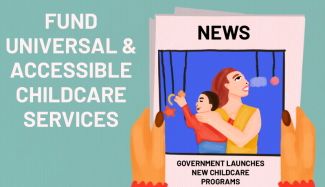

Women’s economic advancement is a powerful driving force behind more gender equal societies. But, patriarchal gender norms can – and do – get in the way of women’s full access to fairly paid, secure and dignified work.
While gender norms can both constrain and support women’s economic advancement, all over the world women still do not enjoy the same economic rights as men. Progressively shifting norms on whether women should work or own economic assets can have a positive impact, such as higher female employment and increased income generation. However, gender norms that define domestic care responsibilities as being ‘women’s work’ can limit gains by restricting women’s mobility, and the amount of time and energy they can dedicate to paid work.
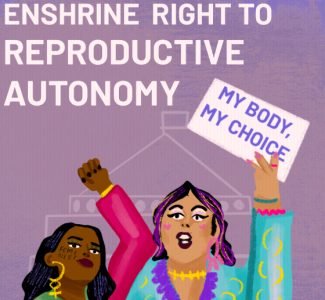

Women's right to reproductive autonomy also plays a central role in women’s economic advancement. Alongside education, increased access to reproductive healthcare has driven down family sizes in many countries, making paid work a possibility for more women.
The pace of change makes it clear that without interventions from governments, women will be waiting a very long time until enjoying full economic rights. That’s why three of our steps focus on transformative policy interventions that are essential pillars to women’s full economic autonomy, alongside individual and community-based work to change attitudes and behaviour.
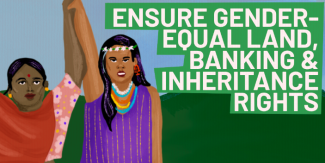
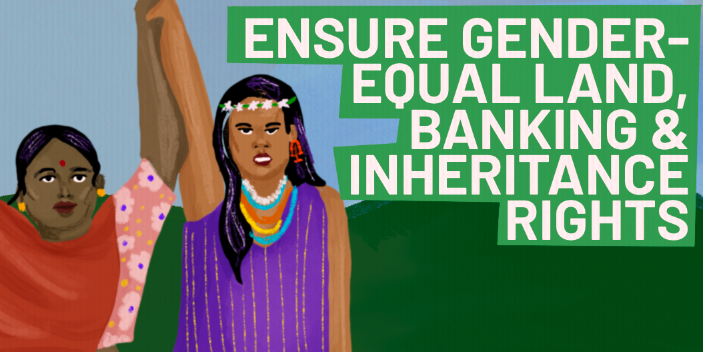
Legislation such as shared or mandated parental leave – and particularly paternity leave – has shown promise. A study by the World Bank found that women’s employment among private firms is significantly higher in countries where paternity leave is mandated compared to those where it is not.
These approaches fundamentally shift the power dynamics within any given economy, and work to erode patriarchal gender norms that keep women from having control over their own economic lives.
Governments should:
1. Fund universal and accessible childcare services
2. Enshrine the right to reproductive autonomy
3. Ensure gender-equal land, banking and inheritance rights.
What is men’s role in supporting women’s economic rights?
"I want men to feel the moral, ethical and political duty to be part of this cause."
- Gary Barker, CEO, Equimundo. Source: ODI ThinkChange.
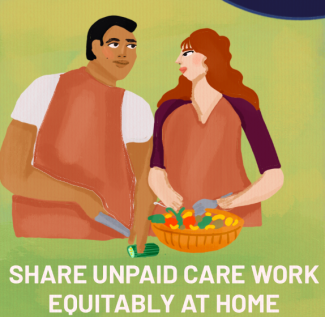
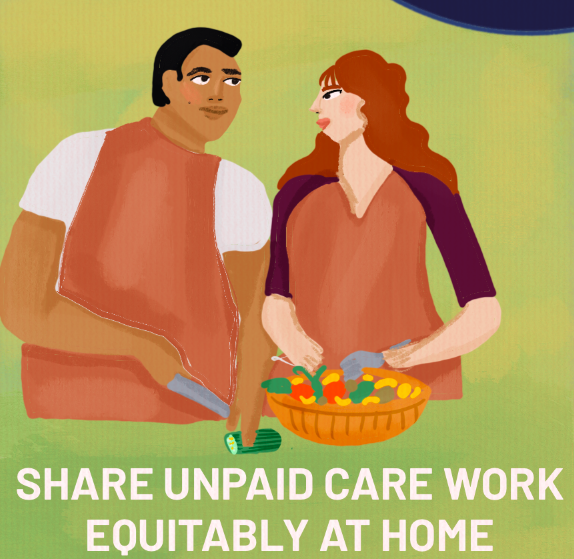
Unpaid care work consists of all the care and domestic responsibilities that are carried out, without remuneration, within a household or community for the benefit of its members. That means: food, water, and fuel collection, cooking meals, washing up, cleaning the home, doing laundry, childcare, homework supervision among many other daily tasks.
Unpaid care work is also a social good, and often rewarding. Something that is essential for our societies to function, critical to our collective and individual wellbeing, as well as the foundation upon which our economies are built. Yet, the distribution of unpaid care work is deeply gendered to the detriment of both men and women.

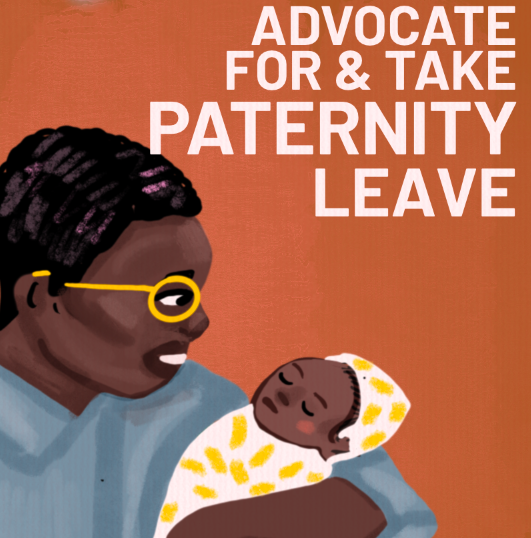
Without exception, gender norms play a significant role in unfairly dividing this essential labour between the sexes. Within heterosexual families, gender roles construct men as breadwinners and women as caregivers, meaning that globally, women carry out more than three-quarters of all unpaid care work.
To dismantle these norms, men must step into their responsibilities as caregivers and as role models. Boys who see their fathers doing housework and childcare are more likely to do these tasks themselves later in life.
Men should:
4. Share unpaid care work equitably at home
5. Advocate for and take paternity leave.
Organisations also have the power to instigate change for the better
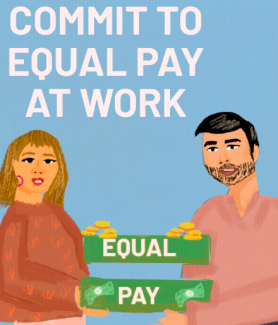

Institutions and workplaces are steeped in patriarchal norms, which means they are key sites for initiating wider change. Equal and fair pay for women is a crucial element to strengthening their economic rights, and can play a critical role in challenging gender norms that undervalue women’s work and expertise.
There are multiple factors that underpin the existence of the gender pay gap, such as lower educational attainment levels for women, and undervaluation of roles traditionally associated with women (such as nursing, care work and teaching). In addition, mothers often face the ‘motherhood penalty’ - a reference to reduced or static wages due to time out of the labour market or reduced hours and not being able to ‘catch up’ with their counterparts. In some cases, it is simply discrimination against women doing the same work but not being renumerated equally to men.


Workplace cultures also determine who leads, who is valued, whose voices and opinions are heard the most, and whose ideas and needs are accommodated. In both informal and formal settings, patriarchal gender norms sustain and help reproduce unequal power hierarchies and misogyny. In the workplace, this can manifest as gender-based violence with ITUC estimates suggesting 40-50% of women worldwide have experienced GBV at work.
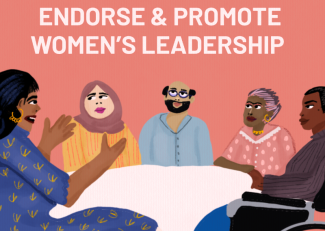

Organisations and employers have a duty to dismantle unfair conditions and set the path to a more gender-equal economy.
Organisations should:
6. Commit to equal pay at work
7. Acknowledge and act on sexual harassment
8. Endorse and promote women’s leadership.
- Tags:
- Economic empowerment
- Countries / Regions:
- Global
Related resources
Report
26 mars 2025
Published by: ALIGN, CIEDUR
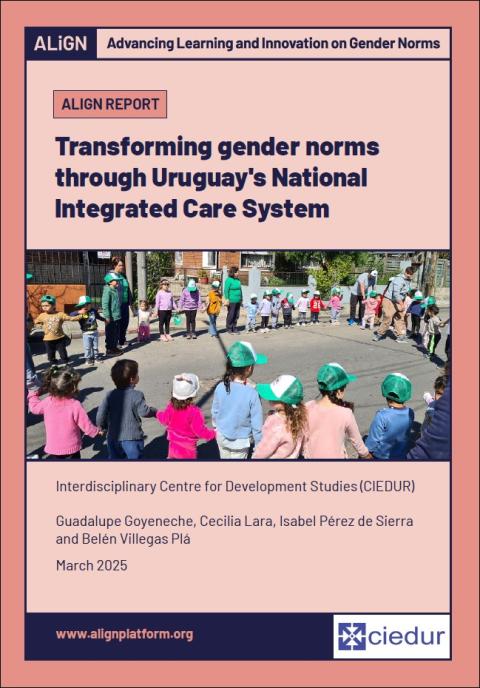
Report
20 mars 2025
Published by: ALIGN, FAADEV
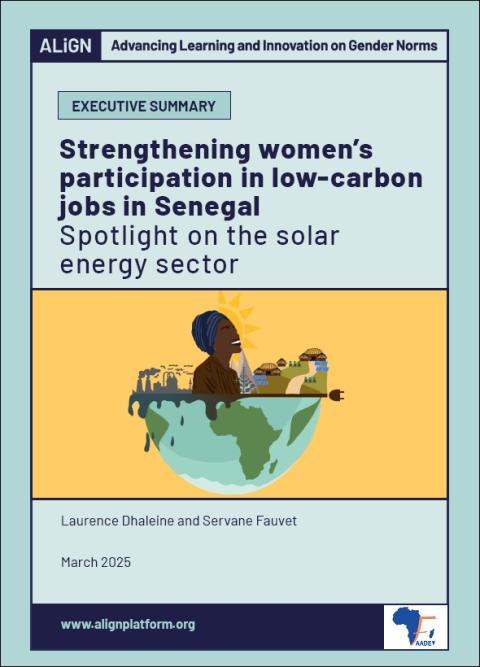
Report
20 mars 2025
Published by: ALIGN, Restless Development
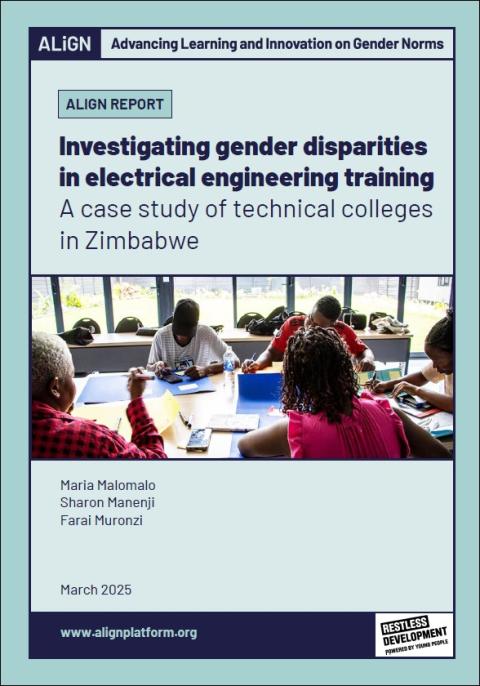
Blog
19 décembre 2024
Published by: ALIGN

Blog
3 avril 2024
Published by: ALIGN
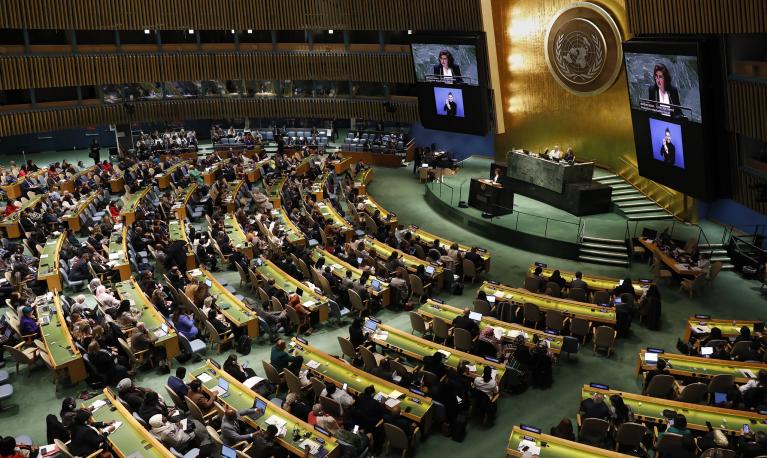
Report
15 janvier 2024
Published by: ALIGN

Blog
8 janvier 2024
Published by: ALIGN

Toolkit
13 juillet 2023
Published by: ALIGN
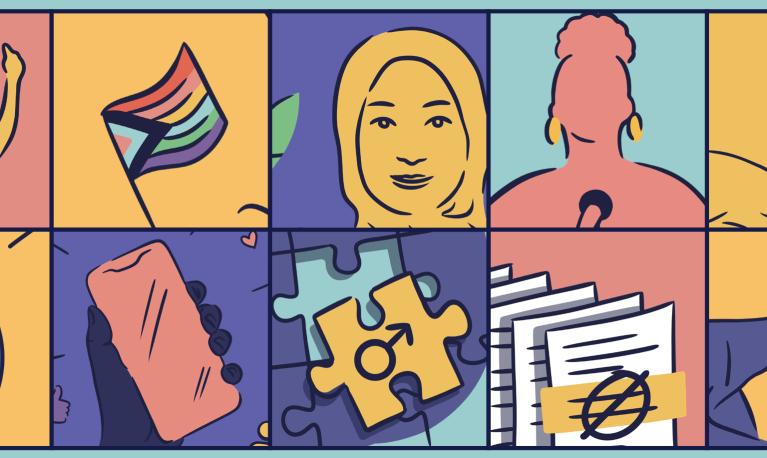
Briefing paper
31 mars 2023
Published by: ALIGN

Diagram/Infographic
1 avril 2022
Published by: ALIGN
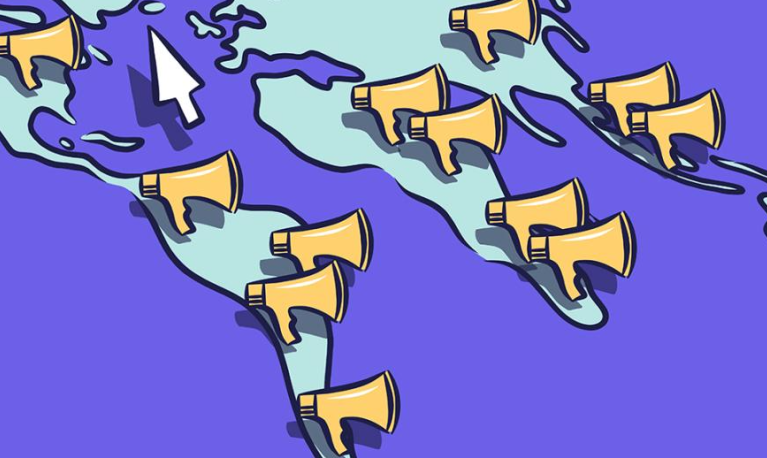
Briefing paper
22 juillet 2021
Published by: ALIGN, Tariro Youth Development Trust
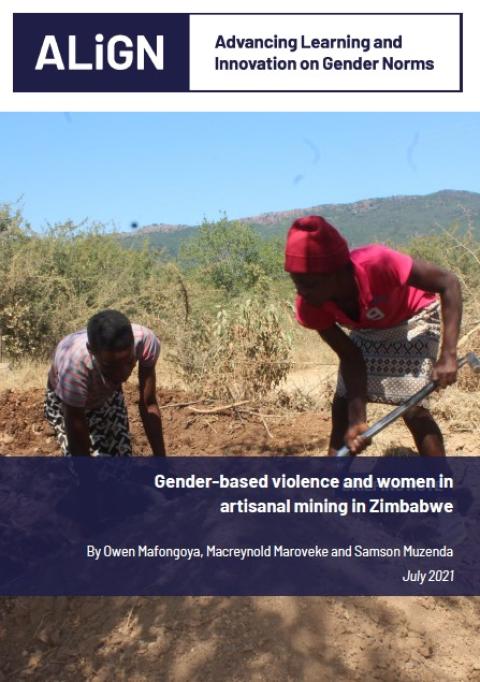
Blog
1 juillet 2021
Published by: ALIGN
